An ERP system is software that supports the business processes within the company and that has several advantages. The system can best be seen as the spider in the web of an organization.
There are different providers on the market, in different price
categories. But what is the added value of such a system for your
organization and why is it more than worth the investment? In this blog, we explain five reasons why your
company should have an ERP program.
1. Increases Effectiveness
ERP software supports the various business processes within a
company. An ERP consists of different parts that all come together
within the system. Because it consists of different components, you as an
entrepreneur get an optimal picture of how the company is performing. You
have insight into the processes at any time.
As an entrepreneur, it is important that you have insight into
the business processes because this shows where there are areas for improvement
within the various departments of the company. For example, this offers
the possibility to optimize the workflow, which ultimately ensures increased
effectiveness and efficiency of employees.
2. Lower Operating Costs
The insight into the business processes and the increased
effectiveness and efficiency within the organization has the advantage that it
reduces operating costs. Because you have better insight into the business
processes, you know exactly what is happening at every level in the
organization. For example, you get more insight into the stock, so that
the purchasing department can purchase more efficiently and effectively, which
reduces storage costs.
3. Everything In One Place
An ERP system
consists of several components that come together in the
system. All company data from the various departments within the
organization are centrally located in one place and are accessible to the
employees. The advantage of
this is that you no longer have to work with different systems.
If you opt for an online ERP, it has another advantage: the
system is accessible anytime and anywhere. Ideal if the company has
multiple locations. Nowadays, more and more providers offer the
possibility to work mobile. Employees can all work in the same
system. All you need is an internet connection and mobile, tablet, or
computer, and everyone can get started.
4. Integration Software Packages
Perhaps you already work with a CRM program and
other software within the organization such as an accounting program or
invoicing system. All this different software can be integrated into the
ERP program. As a result, not only the internal business processes are
mapped, but also the external processes. This improves communication and
cooperation with suppliers and customers, among others.
5. Improved Internal Communication
In addition to the business processes, internal communication is
also being improved. Previously, various departments in an organization
worked more side by side, with an ERP program departments work
together. Employees no longer have to wait for colleagues to receive
information.
Because everyone works in the same system, everyone has access
to more information. And the information is always up-to-date because all
systems are aligned. This improves communication between the different
departments and allows everyone to do their job optimally.
6. More Efficiency
One of the main goals of an ERP system is to work faster,
better, and more efficiently. By skipping or simplifying actions and
limiting errors, you can do the same work in a shorter time. Most mistakes
made in a business process are attributable to human errors. Minimizing
errors by using a digital system saves a lot of work and time.
7. Lower Inventory Costs
Too many products in stock cost money. Not having a product
in stock, on the other hand, also costs money because of lost sales. It is
therefore important to find the ideal balance between not too much stock and
not too little. An ERP system helps you reduce costs by automating your purchasing process.
It is only logical that you can always see
important data that you need at that moment. Even more important is that
this data is correct and up-to-date. A static file on your computer or a
piece of paper does not meet these criteria. A cloud-based ERP system does
give you the correct and most current data that you need at that moment.
8. Respond Better To Changes
Making choices and responding to change usually involves data
that you receive and consume. Based on that data, you anticipate and make
choices. It is handy that the data on which you base your choices are
displayed neatly and clearly and are always correct.
9. The Same Current Data Accessible To Everyone Within The
Company
In a growing company
with different departments, islands quickly and unconsciously arise. Data
and figures are lost, are put down on notes somewhere and different people or
departments work at cross-purposes. An ERP system ensures that different
departments use the same current data source to perform their work.

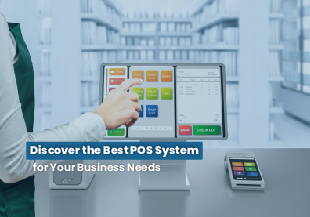
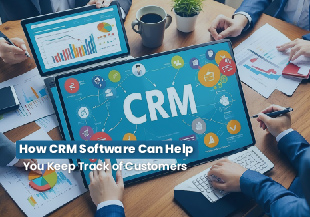
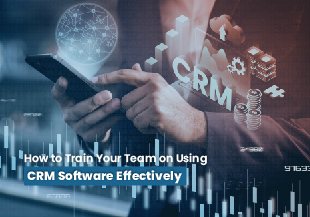
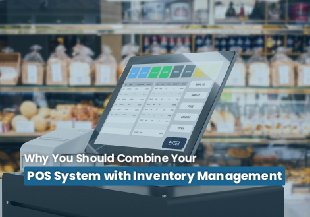
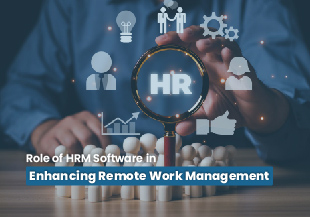
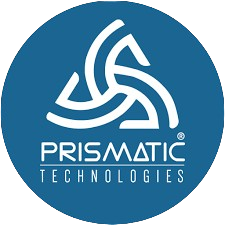 Chat with Prismatic Bot
Chat with Prismatic Bot